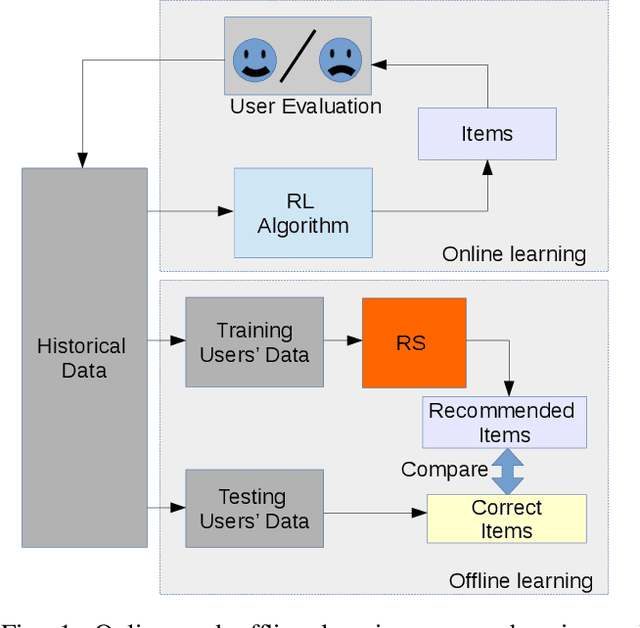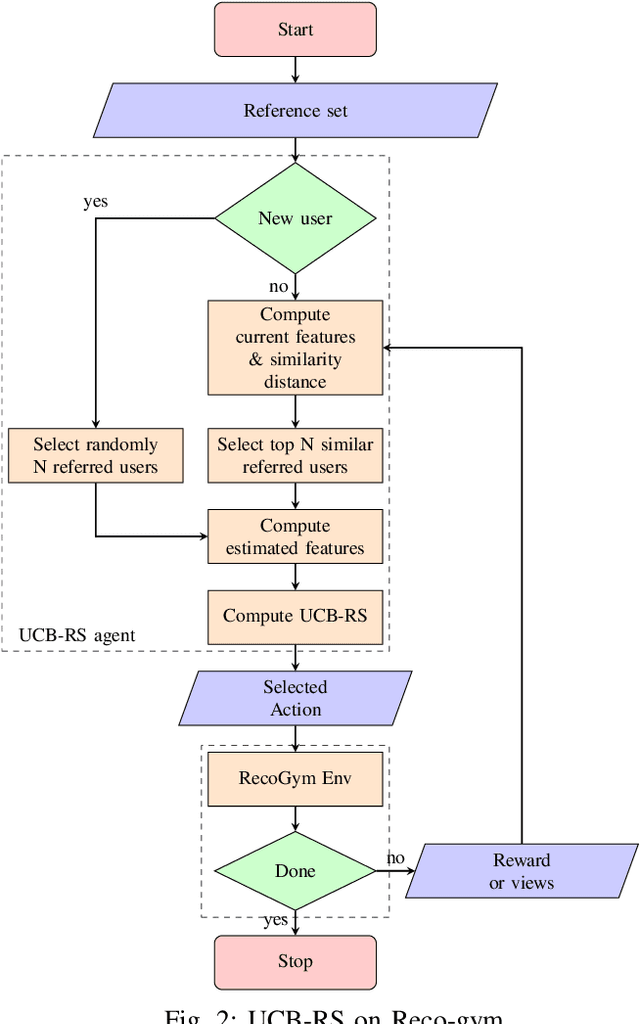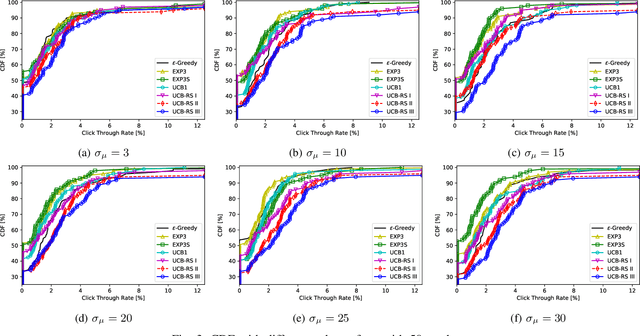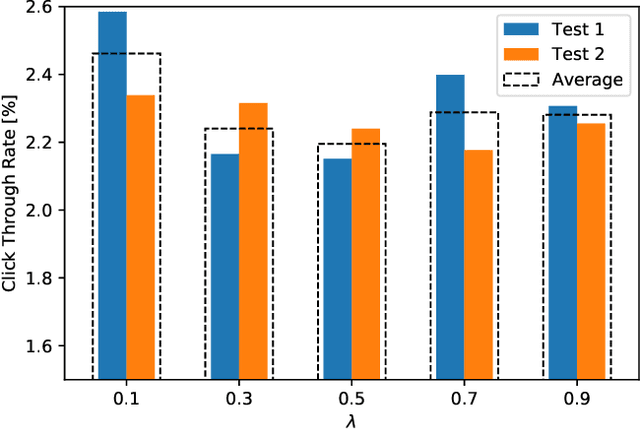Kinda Khawam
Semantic Communication with Distribution Learning through Sequential Observations
Aug 14, 2025Abstract:Semantic communication aims to convey meaning rather than bit-perfect reproduction, representing a paradigm shift from traditional communication. This paper investigates distribution learning in semantic communication where receivers must infer the underlying meaning distribution through sequential observations. While semantic communication traditionally optimizes individual meaning transmission, we establish fundamental conditions for learning source statistics when priors are unknown. We prove that learnability requires full rank of the effective transmission matrix, characterize the convergence rate of distribution estimation, and quantify how estimation errors translate to semantic distortion. Our analysis reveals a fundamental trade-off: encoding schemes optimized for immediate semantic performance often sacrifice long-term learnability. Experiments on CIFAR-10 validate our theoretical framework, demonstrating that system conditioning critically impacts both learning rate and achievable performance. These results provide the first rigorous characterization of statistical learning in semantic communication and offer design principles for systems that balance immediate performance with adaptation capability.
Recommendation System-based Upper Confidence Bound for Online Advertising
Sep 09, 2019



Abstract:In this paper, the method UCB-RS, which resorts to recommendation system (RS) for enhancing the upper-confidence bound algorithm UCB, is presented. The proposed method is used for dealing with non-stationary and large-state spaces multi-armed bandit problems. The proposed method has been targeted to the problem of the product recommendation in the online advertising. Through extensive testing with RecoGym, an OpenAI Gym-based reinforcement learning environment for the product recommendation in online advertising, the proposed method outperforms the widespread reinforcement learning schemes such as $\epsilon$-Greedy, Upper Confidence (UCB1) and Exponential Weights for Exploration and Exploitation (EXP3).
 Add to Chrome
Add to Chrome Add to Firefox
Add to Firefox Add to Edge
Add to Edge